If you’re committed to a career in the trades, your dilemma may well be how to choose a trade school that best meets your needs.
There are so many decisions, including online or in-person learning options, the time commitment required to graduate, and, of course, how much tuition will cost you.
Beyond these obvious considerations, your trade school checklist might include targeting the employers you want to work for, selecting educational settings that motivate you to learn, and establishing a timetable to earn your first paycheck.
Here are a few unconventional tactics to help you find the best trade school for you.
1. Find out where the pros are training
People working in the trades have been learning online for many years now. Take the time to investigate which trade schools the pros are using to refresh their skills and conduct in-house team training.
Hint: ask younger tradespeople how they got started. Their answers are likely to be different from seasoned professionals. Times have changed!
2. Target the employers you want to join
Another way to get started is to choose the trades employer you want to work for and bring them a plan to hire and train you.
It’s not that crazy an idea. The labor shortage for HVAC, plumbing, and electrical service employers is very real and getting worse. Creative employers hire for character and commitment and do in-house training for the trades. Ask around and bring the trades learning platform to the employer. Remember, some employers will even pay you as you learn.
3. Understand how you do your best learning
What school setting do you need to be successful? The pandemic threw open the door to major changes in our learning options. Remote, online, and even virtual reality learning is now used daily throughout our trades education systems.
With these learning tools, some trade schools are at least two generations ahead of others. The real question to ask yourself is what setting will work best for you. Then find the school that best meets your needs.
4. How soon do you want to get your first paycheck?
This is now a very real question to ask yourself. Brick and mortar trade schools will try to convince you that a two or four-year curriculum is still the way to go. Other trade schools will tell you ten months is all you need. Self-paced study programs produce graduates in three to six months. How can you decide which programs are the best for you?
Take an honest look at yourself and your motivation. Do you want an on-campus or hybrid online/in-person experience that extends over several years? How much time do you want to take before getting your first paying job in the trades?
5. How much do you want to pay for trade school?
Research trade school tuition costs and payment plans. You have options, real options that provide you with all the training you need, the exam prep course you need, and the mentoring/coaching that will get you across the finish line to land your first job in the trades.
Pick the trade school that meets your needs, and odds are you could find yourself paying just a small fraction of the cost that traditional vocational schools charge.
Traditional schools charge higher tuition and require several years of study. Lower cost programs produce graduates in 12 months or less and give you the option to pay tuition on a monthly basis. Some trade schools also offer Deferred Tuition payments, or Income Share Agreements (ISAs), that defer tuition payments until after you graduate and start earning. You can also check out employer-sponsored learn-as-you-go programs.
6. Factor in coaching, mentoring, and personalized support
Every trade school pitches individualized coaching and career guidance. The best way to factor support into your decision is to “know thyself,” as the saying goes. Ask yourself what you need. Then, ask the school what they will do to meet your needs.
7. How will the trade school help you get hired?
Trade schools all offer help finding a job after you graduate. Some just mean it more than others.
Ask the school for references – just like your future employer will ask of you. Talk to recent graduates. Ask them how much support they had going through the program. A trade school education should teach you the skills you need to qualify for the thousands of entry-level jobs out there and provide employment assistance and networking opportunities to gain a long-lasting career in the skilled trades.
To sum it all up
With such a desperate need for trades professionals right now, you are in a unique position to demand more from your school, training tools, and future employers.
By spending a bit of time pondering the questions above, you will be better able to make more informed decisions about the trade school that’s the best fit for you and your career goals.

Troy Latuff
President, The Blue Collar Recruiter
Troy Latuff is the President and CEO of The Blue Collar Recruiter and The Blue Collar Virtual Trade School. Troy started as an in-home (commission only) salesperson, a proven skilled trades leader in the home service industry, selling millions of dollars in residential service and equipment every year. Troy became the General Manager and then the Co-Owner of a very successful HVAC, plumbing, and electrical service business. Today he finds top talent for business owners and new careers for people interested in the skilled trades.








